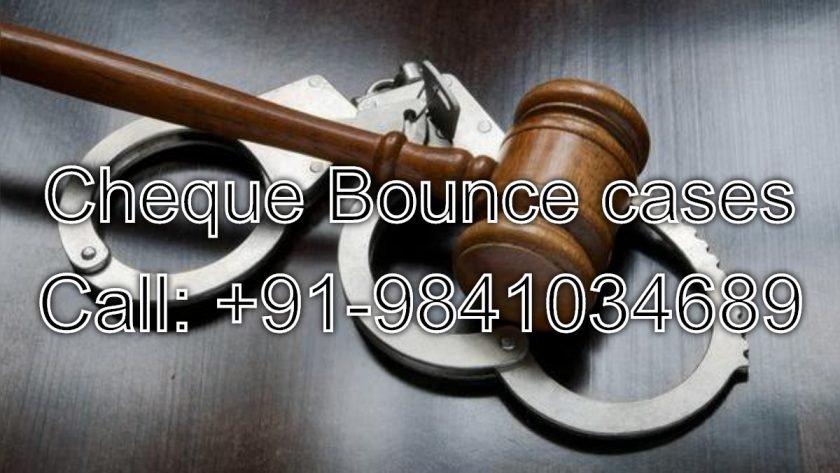In a landmark ruling, the Supreme Court of India has underscored the legal significance of blank cheque leaves in the context of the Negotiable Instruments Act. The recent judgment, emanating from the case of K. Ramesh versus K. Kothandaraman, sheds light on Section 139 of the Act, affirming the presumption that a blank cheque leaf, once voluntarily signed and issued by the drawer to the payee, signifies the discharge of a legally enforceable debt. This ruling, which draws upon the precedent set in the case of Bir Singh v. Mukesh Kumar (2019), elucidates the burden of proof upon the accused to rebut this presumption. The verdict, delivered by a bench comprising Justices B.V. Nagarathna and A.G. Masih, holds paramount implications for legal practice and the interpretation of negotiable instruments laws in India.
Supreme Court’s Interpretation of Section 139 of the Negotiable Instruments Act
In a recent judgment, the Supreme Court of India has reiterated the legal presumption associated with blank cheque leaves under Section 139 of the Negotiable Instruments Act. The Court emphasized that a blank cheque leaf, once voluntarily signed by the drawer and handed over to the payee for a payment, is presumed to have been issued in discharge of a legally enforceable debt.

Upholding the Presumption: Blank Cheque Leaves
The Court’s ruling, referencing the judgment in Bir Singh v. Mukesh Kumar (2019), highlights that even the voluntary signing and handing over of a blank cheque leaf towards a payment triggers the presumption under Section 139 of the Act. The burden of proof rests on the accused to demonstrate that the cheque was not issued in discharge of the debt.
High Court’s Decision Reversed
The Supreme Court reversed the High Court’s decision in the reviewed case. Consequently, the decision enabled the accused-drawer to request a forensic opinion. Justices B.V. Nagarathna and A.G. Masih highlighted the presumption of validity. Furthermore, a blank cheque issued for payment automatically triggers this presumption.
Insights from Bir Singh Case
The Supreme Court, referencing the Bir Singh case, clarified that cheque signers retain liability.
It emphasized that a blank, voluntarily signed cheque invokes Section 139’s presumption. Evidence must counter the assumption that the cheque serves a debt or liability.
Verdict and Conclusion
Accordingly, the Supreme Court allowed the appeal of the appellant-drawee and annulled the High Court’s order. The decision clarifies the legal standing of blank cheques and reaffirms the statutory presumption under the Negotiable Instruments Act.
Background of the Case
In the case at hand, the accused’s signing of the cheque was not disputed. However, the disagreement centered on the age of the ink used in the signature and the cheque’s contents. The accused-drawer requested a forensic opinion to compare the cheque’s contents with the payee’s signature.
While the Trial Court dismissed the application for expert evidence, the High Court permitted it, prompting the drawee to appeal to the Supreme Court against the High Court’s order.
Read More
- Sec 138 Negotiable instrument Act
- Cheque bounce cases: How to resolve the issues with Legal Help?
- Himachal High Court: Landmark Ruling on POCSO Cases and Compromises
- A compromise after the conviction cannot be granted any credence from the Supreme Court
- Himachal Pradesh High Court Emphasizes the Crucial Role of Section 311 CrPC
Case Details: K. RAMESH VERSUS K. KOTHANDARAMAN
- Criminal Appeal No. 000763 / 2024
- Citation: 2024 LiveLaw (SC) 145

